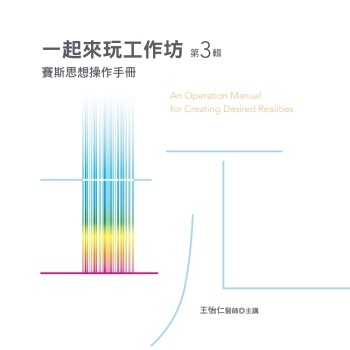Public leadership is about relationships between the science of leadership and society. Purveyors of change are needed to build bridges between the everyday duties of leadership scholars and consumers of leadership knowledge in the public.
There is no an easy roadmap toward social transformation through public leadership. Solving social problems requires collaborative partnerships, participatory involvement, and public engagement.
Counter to prevailing notions of "think-manager, think-male" in which a preferred leadership style is one more often associated with masculinity - autocratic, decisive, and controlling, recent research shows that in a social crisis, women seem to be more effective leaders. In our 2020 article in the Journal of Applied Psychology, we found that states with a woman governor were associated with fewer COVID-19 deaths during early stages of the global pandemic than states with a male governor. A text analysis of governors’ briefings revealed that women governors displayed greater empathy and confidence. These strong women leaders spoke about issues relevant to their followers, and they embodied compassion for how their people might be feeling during the unprecendended times. Women governors also conveyed more confidence in a brighter future ahead. Studies continue to emerge supporting a female leadership advantage in a crisis.
This book is dedicated to this emerging research stream, providing practical qualitative illustrations of effective women leaders throughout history.
Public leadership is an urgent and unfinished project. By summarizing and presenting quotes in one place, this book represents a modest attempt to contribute meaningfully toward building an architecture of leadership through the lenses of women leaders.












